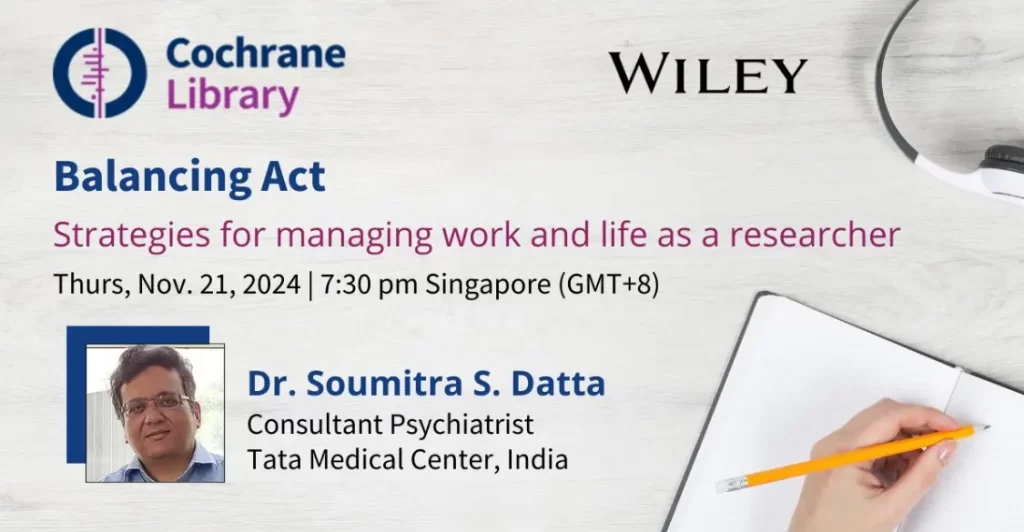“Perfection is attained by slow degrees; it requires the hand of time.” ― Voltaire
Research helps science and society progress. However, being a researcher or a scientist may not always be easy. One needs to be mindful of work-life balance as a researcher. And bang in the middle of this debate is the question of how to manage your time well.
Dr Duncan Gilbert is a consultant clinical oncologist and associate professor of cancer and clinical trials at the Clinical Trials Unit of the University College London. He manages a busy clinic, leads several large clinical trials, and supervises PhD students. In this video, he discusses the need for researchers to recalibrate their time clocks to remain productive and yet have enough time to come up with original research ideas.
In some instances, clinician scientists complete their clinical training and may enrol for a PhD while working full-time as clinicians. Dr Teresa Lax-Pericall, Consultant Child and Adolescent Psychiatrist at the Maudsley Hospital and Kings College Hospital, completed her PhD research under the supervision of Professor Eric Taylor of the Institute of Psychiatry, Psychology and Neurosciences at the Kings College London. She has reflected on how she prioritised time between clinical work and research and the changes she made related to this over the course of her PhD.
If you want to learn more on the ways to manage your work-life balance as a researcher, you are welcome to register for a webinar by Wiley titled “Balancing Act: Strategies for Managing Work and Life as a Researcher” and listen to the recording for free.

